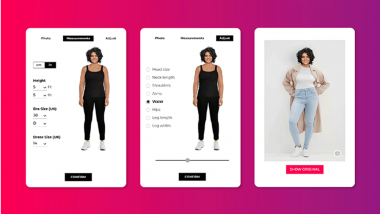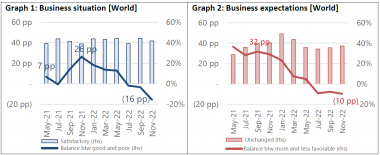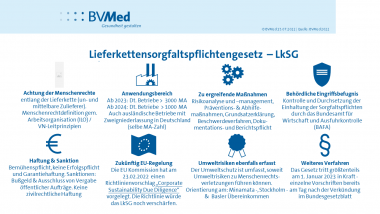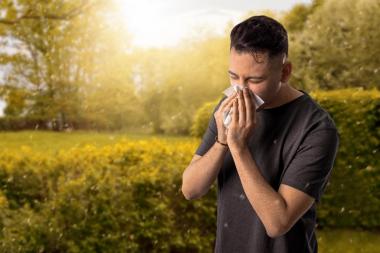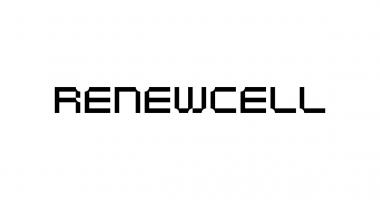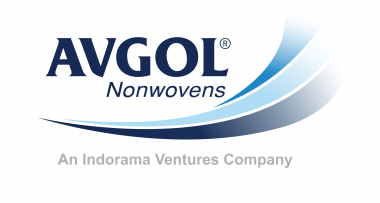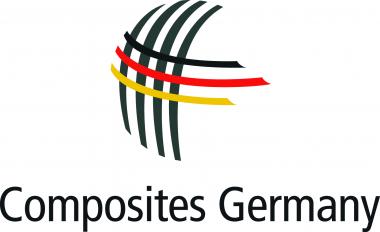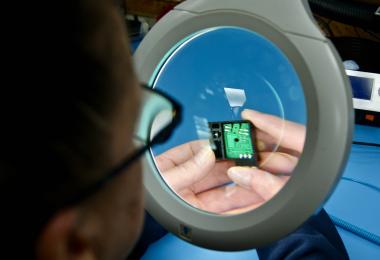Zyler: Virtual try-on in fashion stores
- Digital display experience platform, Raydiant, partners with Zyler to offer virtual try-on to fashion retailers in-store.
Digital display experience platform, Raydiant, is now offering an exciting new virtual try-on solution to their fashion retail customers. Virtual try-on is brought to stores by Zyler, fashion technology that allows customers to see themselves in any outfit without having to physically try them on.
This means that retail spaces can be transformed, maximizing space and making use of the latest innovations in fashion. When customers see themselves in items before purchase, they are more excited about the products, their confidence is boosted, and the brand becomes more inclusive. Customers shop and buy more, and are less likely to return the products they purchase. Raydiant presents this new virtual try-on offering in combination with their digital signage solutions.
Anthropics Technology


